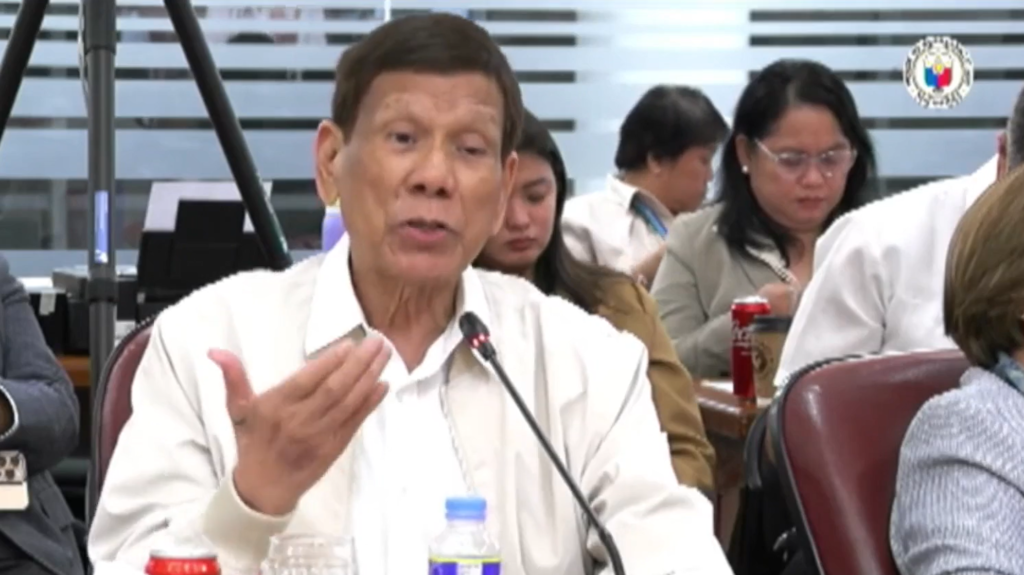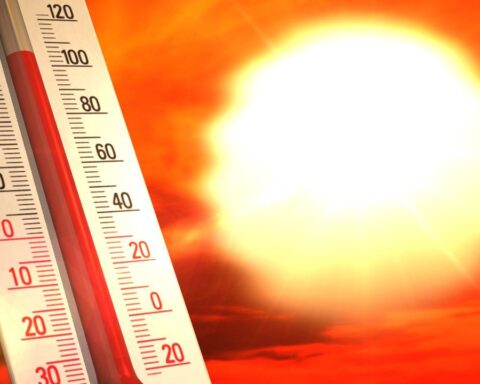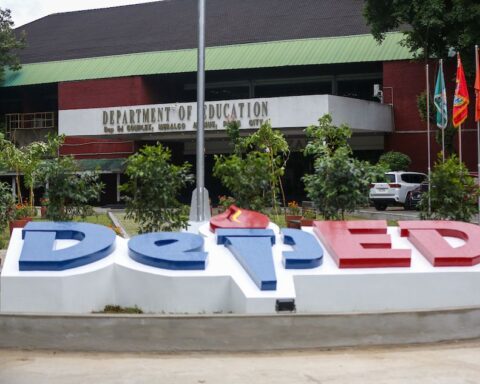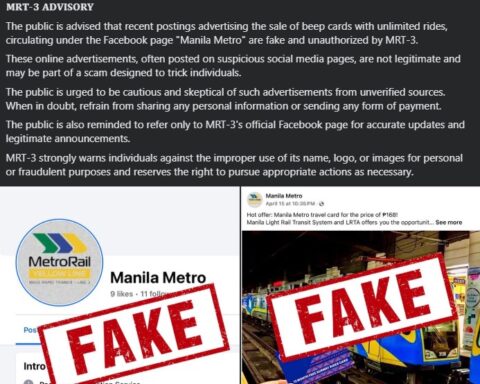In today’s world, the consumption of fake information and goods poses significant risks not only to physical health but also to mental well-being. The dangers of both are often underestimated, yet they share alarming similarities in how they undermine society and the individual.
On November 8, 2024, during the seminar “Media in the Time of Fakes,” held in Clark, Pampanga, the Philippine government emphasized the importance of adopting a “SAFER” culture to combat the spread of fake news. According to Presidential Communications Office Assistant Secretary Wheng Hidalgo-Otida, the framework encourages individuals to “Suspect” misinformation, “Apprehend” it by exposing falsehoods, “Filter” by verifying sources, “Educate” on media literacy, and “Report” those responsible for spreading fake news. The government’s proactive stance is rooted in the growing vulnerability of Filipinos, with 72% relying on Facebook as their primary news source, which makes them particularly susceptible to misinformation.
Imagine walking into a store and purchasing a product that looks appealing on the outside but turns out to be a fake—a cheap imitation that could harm your health. This is the reality for many consumers who unknowingly purchase fake cigarettes, which are often sold at lower prices but lack the necessary safety standards, including tax stamps and health warnings. Legitimate cigarettes are already known to cause severe health risks, such as lung disease, cancer, and heart problems. How much more dangerous are these counterfeit cigarettes, which are often made with substandard materials and lack regulation? These illicit cigarettes can contain even more harmful substances, such as toxic chemicals and carcinogens, putting the smoker at an even greater risk of long-term health problems.
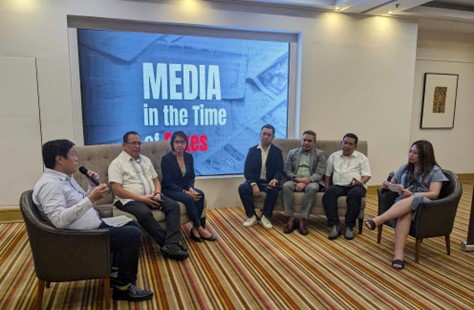
Similarly, in the realm of information, fake news often looks like the real deal. Its sensational headlines and viral posts trick people into believing distorted truths that can influence their decisions and actions. Just as a counterfeit cigarette may deceive a smoker into believing they’re consuming something harmless, fake news can mislead individuals into thinking they’re making informed choices.
For example, during the early days of the COVID-19 pandemic, a piece of fake news circulated on social media claiming that drinking bleach could cure the virus. This misinformation quickly spread, leading some individuals to make dangerous decisions. People who believed this false claim ended up ingesting bleach, resulting in poisoning, severe injuries, and even death. Just as counterfeit cigarettes could lead to irreversible health damage, making a misinformed choice based on fake news can have similarly disastrous consequences, whether it’s harming one’s body or compromising one’s safety.
The spread of misinformation on social media is like a toxin that slowly seeps into the public consciousness. According to reports, 72% of Filipinos rely on Facebook as their primary news source, making them vulnerable to fake news. The speed at which information spreads, combined with the algorithmic emphasis on engagement over accuracy, creates an environment where facts often take a backseat to sensationalism.
This constant exposure to misinformation erodes critical thinking, causing people to question the reliability of everything around them. As veteran journalist Jose Torres Jr. pointed out, social media algorithms foster echo chambers that amplify false narratives, and this amplifies the damage caused by fake news. Just like consuming counterfeit goods undermines the body’s health, consuming fake information harms our collective mental resilience, leaving us uncertain and misinformed.
The dangers of consuming fake news and counterfeit goods highlight the need for vigilance and education. In the same way that consumers are encouraged to be cautious of fake cigarettes—by checking for tax stamps or purchasing from trusted sources—we must also encourage a culture of critical thinking to combat fake news.
Just as the National Press Club President Leonel Abasola emphasized, journalists must take the lead in this initiative, setting the standard for fact-based reporting and critical thinking. This will create a ripple effect, guiding the public to responsibly navigate the complex media landscape. Similarly, leaders like PTI President Jericho Nograles call for increased awareness and enforcement in tackling illicit trade, drawing attention to the parallel fight against fake goods that harm society’s well-being.
Both fake goods and fake news undermine our health and trust in the systems designed to protect us. They operate as silent but potent threats—whether in the form of cigarettes that erode physical health or misinformation that erodes mental clarity. To combat these threats, we must adopt a collective mindset of vigilance, education, and accountability. Only through critical thinking and public awareness can we protect ourselves from the dangerous effects of consuming fake goods and false information, and ultimately, build a safer, more informed society.


